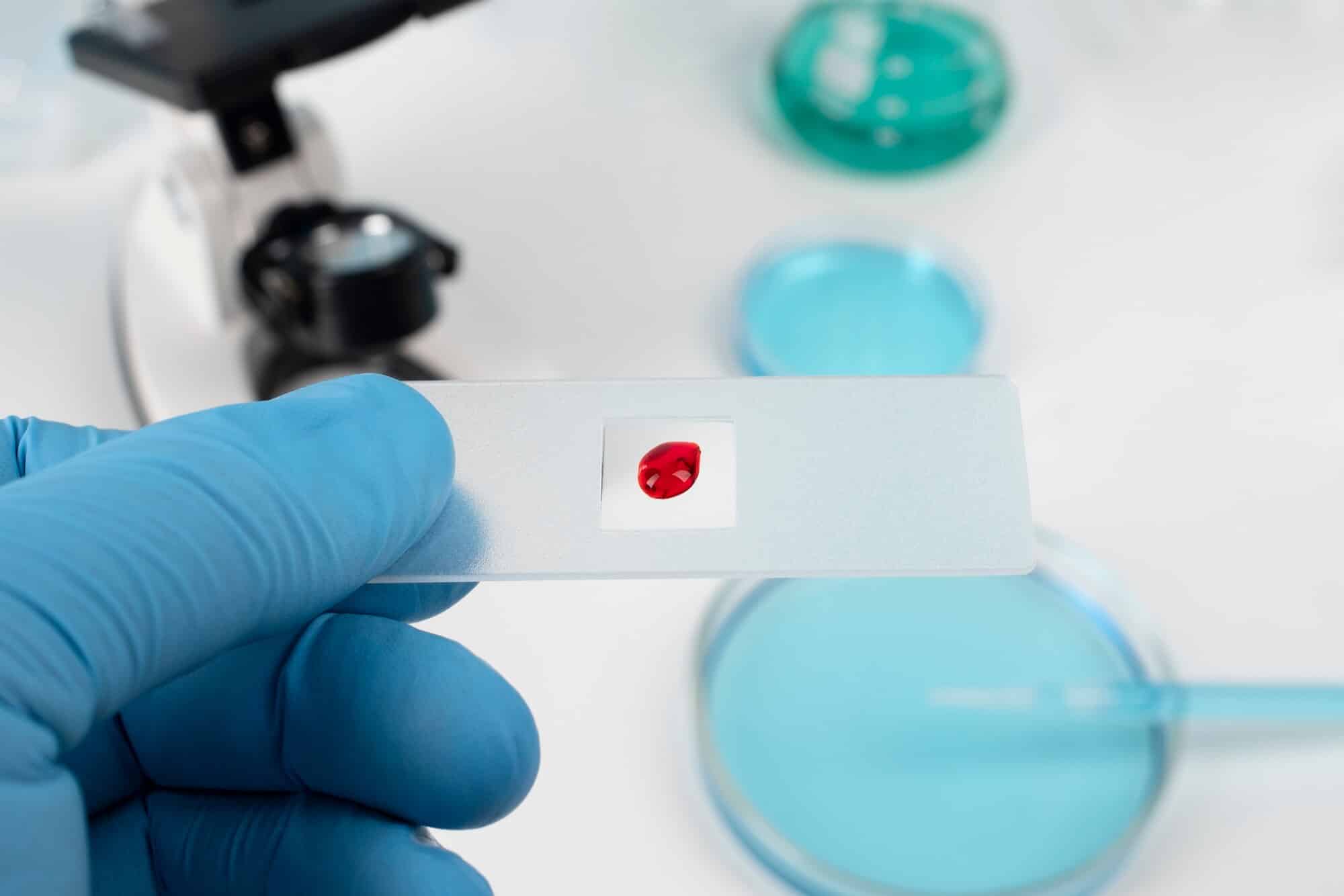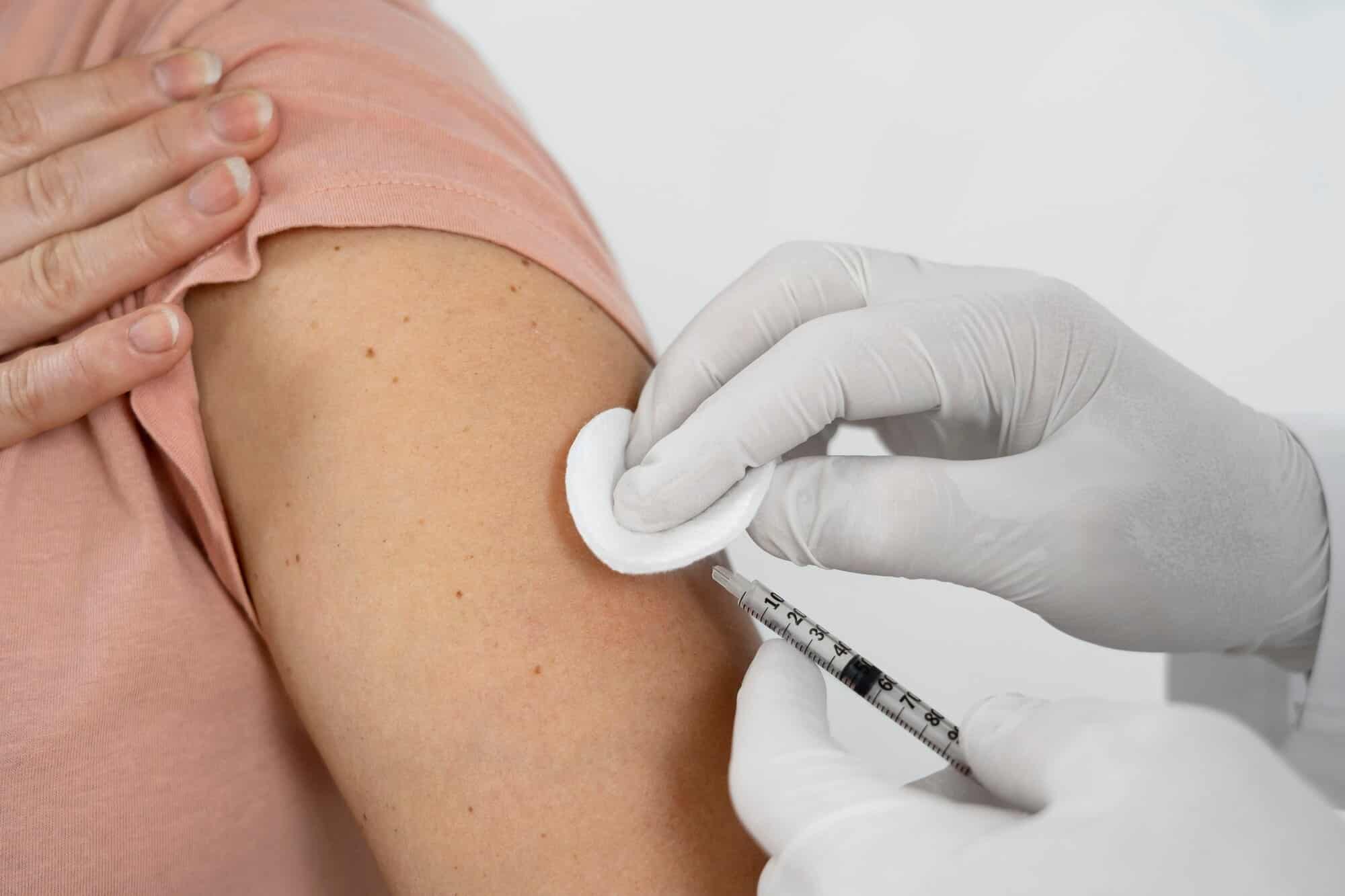
Hepatitis is a term that usually refers to the inflammation or swelling of the liver. One of the vital organs of our body is the liver, which can be adversely affected by a viral infection caused by the Hepatitis C virus. Hepatitis C spreads due to exposure to an infected person’s blood. Approximately 2.4 million people in the US have this disease. We will discuss the symptoms and causes of HCV and how Hepatitis C is treated in this blog.
Symptoms and Causes of Hepatitis C
Generally, many people who contract Hepatitis C show no signs in the earlier stages of the disease. It is called Acute Hepatitis C. Long-term infection caused by Hepatitis C is called Chronic Hepatitis C, and it can remain undiagnosed because many have no symptoms for years. However, once the virus affects the liver to a considerable extent, you might start to notice symptoms such as:
- Bleeding and bruising easily
- Swelling in the legs
- Abdominal swelling caused by fluid buildup in the stomach area
- Fatigue
- Loss of appetite, nausea, stomach pain
- Jaundice (a medical condition that causes your skin and eyes to turn yellow)
- Dark colored Urine
- Your poop changing color, turning gray or clay-colored
Causes
Hepatitis C Virus (HCV) is the root cause. Hepatitis C is a viral infection that happens when the blood of an infected person, meaning blood that has the Hepatitis C virus, comes in contact with a healthy person’s blood, causing the virus to enter the bloodstream.
Some of the causes due to which you can contract the Hepatitis C virus include:
- Contact with infected syringes, needles, or any other sharp object that can cut through your skin.
- Childbirth – the virus can pass from the mother to her unborn child.
- Sharing personal care items such as razors, nail scissors, toothbrushes, etc.
- Having sexual intercourse with infected people.
- Blood transfusions and organ transplants with affected people.
- Getting tattooed or body piercing using unhygienic tools.
Can Hepatitis C be Cured?
The only way to know if you have Hepatitis C is to get tested since symptoms do not appear until your liver is significantly damaged. Your chances of surviving cancer increase if you detect it early and receive proper care.
The question arises: Can Hepatitis C be cured? Yes! Many new drugs can be used for the treatment of hepatitis C.
Understanding the Treatment Process and Methods
If an initial screening test shows that you are Hepatitis C positive, then the next steps would be to measure the level of Hepatitis C in your blood, also called the viral load. Another critical test is to determine the genotype of the Hepatitis C virus.
Pre-treatment Testing For Hepatitis C
Hepatitis C generally means liver inflammation. Along with initial blood screening, you might have to undergo the following Hep C tests to assess the extent of damage caused to your liver.
- Transient Elastography – Essentially a type of ultrasound used to test the stiffness of the liver.
- Liver Biopsy – Done by using Ultrasound waves as a guide, this test involves using a thin needle to extract a small sample of the liver tissue to test the degree of infection.
- Blood tests – To assess the severity of liver infection, your health care provider will suggest tests such as LFTs (Liver Function Tests), AST (Aspartate Aminotransferase), ALP (Alkaline phosphatase), GGT (Gamma-Glutamyl Transferase), Bilirubin. Depending on the severity of your case, your doctor will prescribe the tests accordingly.
Hep C Treatment: New Drugs and Medications
There are several treatments and drugs available that help treat HCV and Hepatitis C new treatments are being introduced, such as:
Antiviral Medication
Antiviral medications help to get rid of the Hepatitis C virus in the body. For Hepatitis C treatment, new drugsknown as Direct-Acting Antiviral (DAA) are proving to be very effective.
At Equality Health, our professionals use top-of-the-range DAA therapy such as:
- Protease Inhibitors such as Grazoprevir, Voxilaprevir, and Glecaprevir are Enzyme inhibitors that help block the protease enzyme essential for Hepatitis C virus duplication.
- Polymerase inhibitors such as Sofosbuvir and Dasabuvir are used to inhibit the polymerase enzyme that is crucial for viral replication.
- NS5A inhibitors like Ledipasvir, Velpatasvir, Elbasvir, and Daclatasvir help to control the NS5A protein that the Hepatitis C virus needs to duplicate.
Duration of Hep C Treatment Phases
Many patients who contract HCV ask the question, how long is hep C treatment? The course of treatment for Hepatitis C patients can be as short as 8 weeks to 12 weeks.
Side Effects of Hepatitis C Treatments
Hepatitis C can be easily treated and cured with Hepatitis C treatment medications. However, its treatment does have some side effects (common to severe), but these side effects can be seen in a very small number of patients:
- Skin irritation
- Fatigue
- Fever accompanied by body chills
- Insomnia
- Depression or Anxiety
- Anorexia
- Tiredness caused by anemia
Prevention Measures for Hepatitis C
Even though there is no vaccine for Hepatitis C, you can still protect yourself by following these few preventive measures, which include making lifestyle changes and adopting strategies that all revolve around reducing the risk of your exposure to HCV.
- Don’t use the same syringes/needles or other equipment for injecting drugs.
- If you plan on getting a tattoo or body piercing, make sure it is in a reputable shop and they use sterile equipment.
- Safe and hygienic medical procedures such as dental procedures, regular blood work, etc.
- Avoid having unprotected sex or having multiple sex partners.
- Don’t share personal hygiene products, e.g., Toothbrushes, nail clippers, etc.
- Blood or organ donations should be properly screened for any traces of HCV.
- Get vaccinated; although currently there is no vaccine for HCV, getting vaccinated for Hepatitis A and B will help prevent liver damage from these viruses.
- Prevent the transfer of HCV from mother to child. Affected Pregnant women should take care and educate themselves on the various risks to lower the chances of transferring HCV to their unborn baby.
- Educate yourself on HCV so that you can help raise awareness as well as make informed decisions.
- Keep up with your follow-up appointments, as well as regular blood work.
Life After Hepatitis C Treatment
Consider yourself cured of Hepatitis C if the blood test for the hepatitis C viral load is negative 12 weeks after your hepatitis C treatment medications end. It is also known as Sustained Virologic response (SVR), which means that your treatment for Hepatitis C has proved successful.
But even after you have completed your course of treatment, it is prudent to know the following steps to safeguard your health.
- Keep up with your follow-up appointments.
- Dietary changes: Talk to your doctor about any dietary changes you might need to make, such as alcohol intake, etc
- You might get Hepatitis C again. So make sure to follow all protocols and preventative measures.
- Avoid supplements, as they can cause liver damage
- Keep your weight in check! Obesity can also cause liver damage.
Conclusion
Although it can seem daunting, the prognosis of Hepatitis C is considerably better if detected early. Early screening can reduce the risk of any permanent damage to your liver. If you have any reason to suspect that you may have Hepatitis C, be sure to get tested as soon as possible. You can use the services like HIV Testing, HIV Treatment, STD Testing, and STD Treatment of Equality Health’s experienced professionals in your area. With the help of our top-of-the-line tests and excellent team, we will ensure you receive the best treatment possible. Contact us for more information today!





